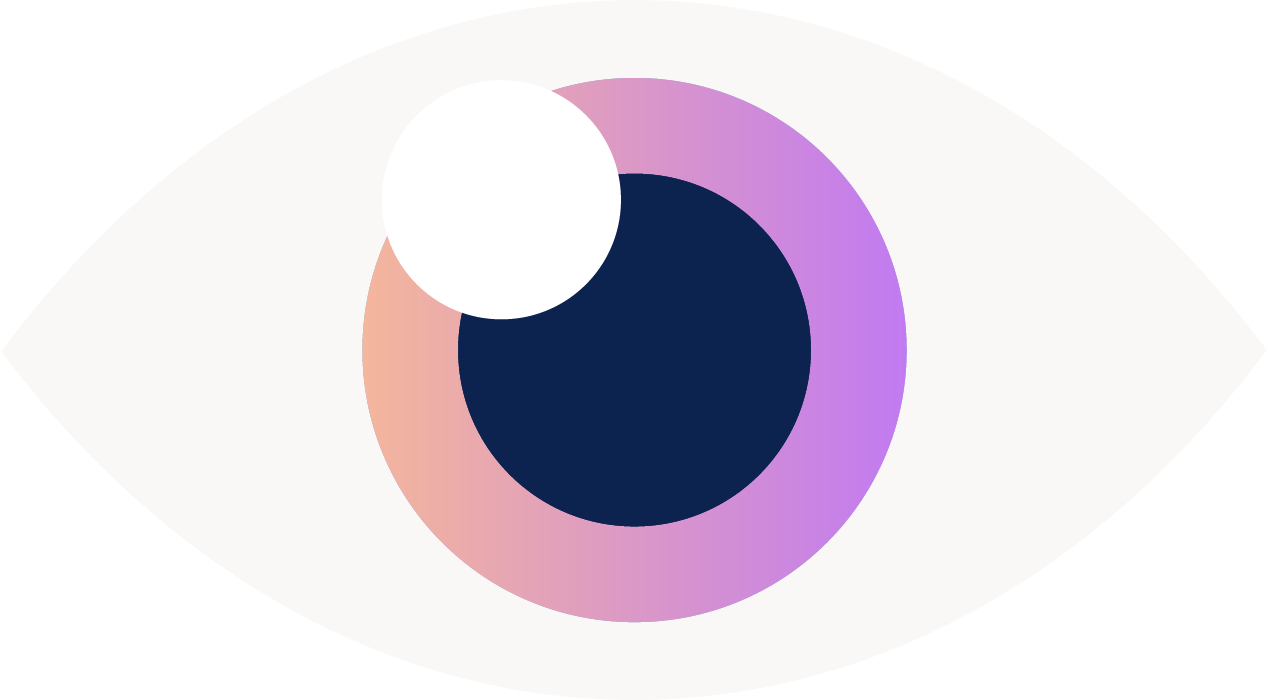When It’s Not Their Vision: How Educational Therapy Can Help Kids With Learning Differences | Dominique Marinello EdD
Listen On
When a child struggles in school, parents usually do the right thing first: they bring them to see me. After all, if reading feels impossible or homework ends in tears, it makes sense to wonder if it’s a vision issue. And sometimes, it is—undiagnosed farsightedness, astigmatism, or difficulty with eye teaming can all play a role.
But here’s where it gets tricky. What happens when your child’s eye exam is completely normal? Perfect 20/20 vision, no misalignment, no eye muscle problems—and yet, the reading, the focus, the learning struggles are still there.
That’s when parents often ask me:
“Should we look into vision therapy… or is there something else going on?”
The answer is usually educational therapy. And I want to break down what that really is, how it differs from tutoring or vision therapy, and why it can be life-changing for kids with ADHD, dyslexia, or other learning differences.
What Exactly Is Educational Therapy?
I’ll be honest—before I had children of my own with learning differences, I didn’t know much about educational therapy either. It wasn’t something covered in medical school.
Educational therapy is a blend of psychology, education, and even neuroscience. It’s designed for kids with:
ADHD
Dyslexia
Math learning differences
Processing challenges
Executive functioning struggles
Instead of just focusing on today’s math worksheet or Friday’s spelling test, educational therapy zooms out. It looks at the underlying skills a child needs to succeed in school—planning, organizing, processing information, and building strategies they can use for life.
Think of it like an iceberg. On the surface, you see your child’s grades, classroom behavior, and homework. But underneath are all the hidden skills that support those outcomes. Educational therapy strengthens what’s under the surface so the part above water doesn’t feel like such a daily battle.
Why It’s Not the Same as Tutoring
This is one of the biggest misconceptions I hear from parents. Tutoring helps with content—getting through the test on Monday, passing the class this semester.
Educational therapy helps with process—the “how” of learning itself. The goal is that, eventually, your child won’t need a tutor, because they’ll have the tools to manage on their own.
Where Vision Fits In
Because I’m an ophthalmologist, I have to say this clearly: if your child has a true vision problem—like convergence insufficiency or uncorrected farsightedness—then yes, targeted vision therapy or glasses can make a huge difference.
But dyslexia? That’s not a vision issue. It’s a language processing issue. The eyes are sending information perfectly to the brain. It’s the brain’s interpretation that’s the challenge.
And here’s the risk: when families spend months or years on vision therapy for dyslexia, it delays the right kind of intervention. That’s time when kids may internalize failure, lose confidence, and start to dread school. I see that emotional toll weigh just as heavily as the academic one.
Executive Functioning: The Hidden Struggle
One of the most common issues educational therapists address is executive functioning—the ability to plan, prioritize, organize, and follow through.
Schools rarely teach this explicitly, yet kids are expected to just “pick it up.” For children with ADHD or learning differences, that’s like asking them to swim without ever giving them lessons.
And I’ve seen firsthand, both in my practice and at home, how different executive function skills look for each child. What works beautifully for me—color-coded planners, to-do lists—doesn’t work at all for one of my kids. Another child of mine is so organized in certain ways that it masks other challenges completely.
That’s why trial and error, paired with consistency, is key. When a child finally sees their strategies working—remembering to turn in assignments, finishing homework without meltdowns—their confidence grows. And that’s when the momentum starts.
Why Early Intervention Matters
Here’s something I tell every parent: the earlier we intervene, the better.
Without the right support, kids start to form a negative internal script: “I’m dumb. I’ll never be good at this. Something is wrong with me.”
But when they get help early, they see that effort plus the right tools equals success. And that belief changes everything.
So, Where Do You Start?
If you’re a parent wondering if your child needs educational therapy, here’s my advice:
Rule out true vision issues first. Make sure glasses or an eye muscle imbalance aren’t the culprit.
Pay attention to patterns. Resistance to school, avoiding certain subjects, distractibility, or “forgetfulness” can all signal deeper struggles.
Get a psychoeducational evaluation. These assessments map out how your child learns—where they shine and where they need support.
Find a certified educational therapist. The Association of Educational Therapists (AET) has a directory where you can search by zip code.
Final Thoughts
As a mom, I know how overwhelming this all feels. As a physician, I know how important it is to get the right diagnosis and support early.
Your child is not broken. They don’t need fixing. What they need is the right combination of strategies, tools, and encouragement so they can thrive—not just in school, but in life.
And sometimes, that starts not with glasses or vision therapy, but with educational therapy.
Want to Learn More?
This is just the beginning. In upcoming episodes, we’ll explore:
-How screen time and digital habits are shaping our kids’ development
–The connection between vision and overall health
–What you need to know about common eye procedures like LASIK and cataract surgery
–Practical ways to advocate for your child’s visual needs
You can subscribe to my podcast, In Focus, anywhere you listen—or follow along on Instagram for updates and tips.
Watch this episode on Youtube right now!
Thanks for reading—and for doing what you can to protect your child’s vision, one step at a time.
– Dr. Rupa Wong
Pediatric Ophthalmologist | Surgeon | Mom of 3
This episode is brought to you by The Pinnacle Podcast Network! Learn more about Pinnacle at learnatpinnacle.com



